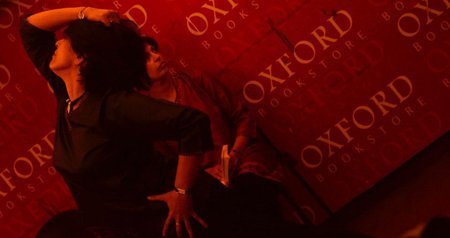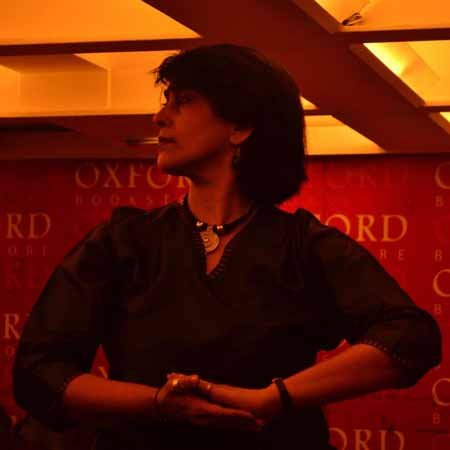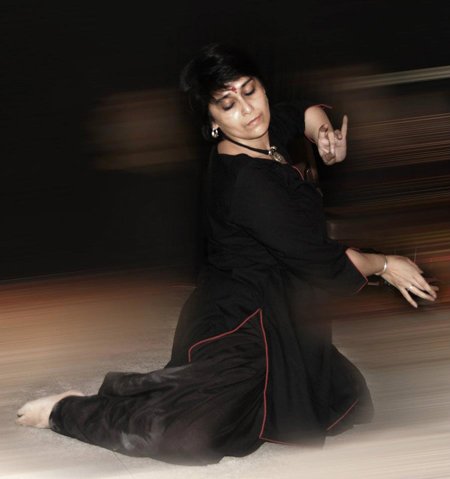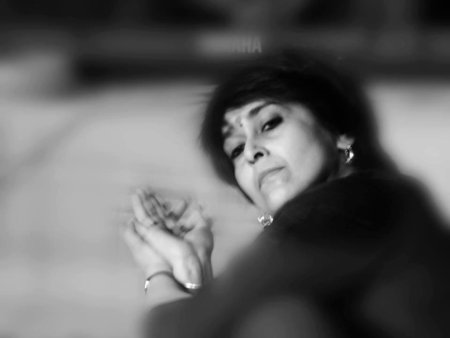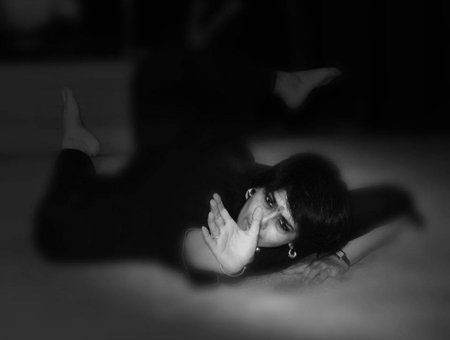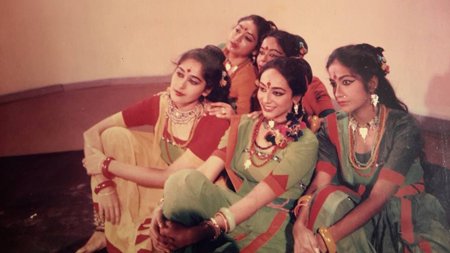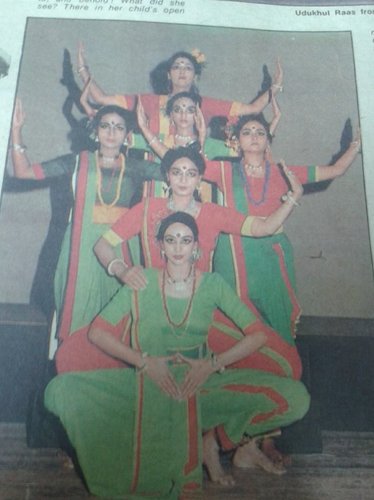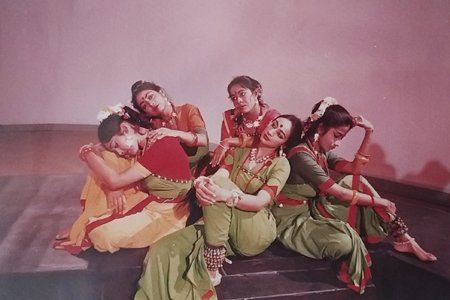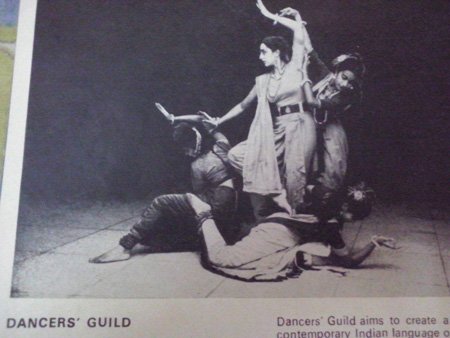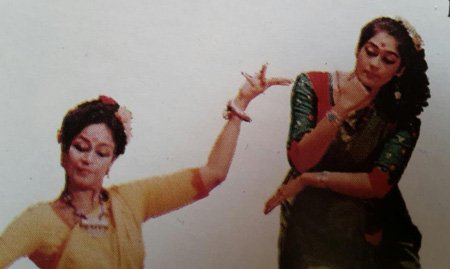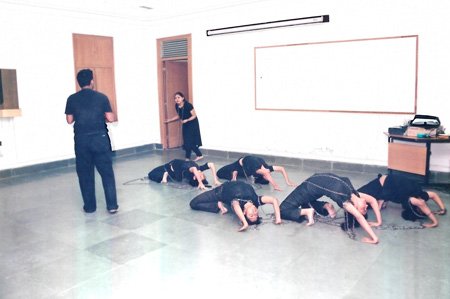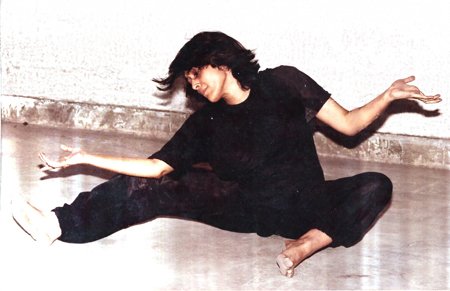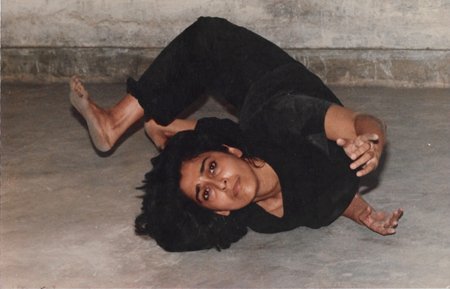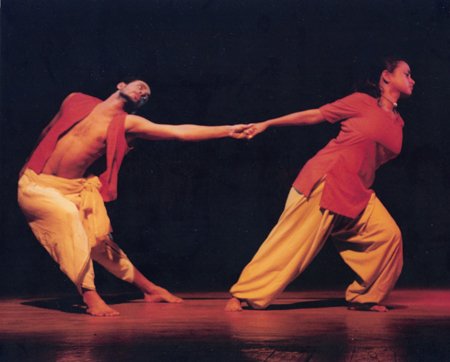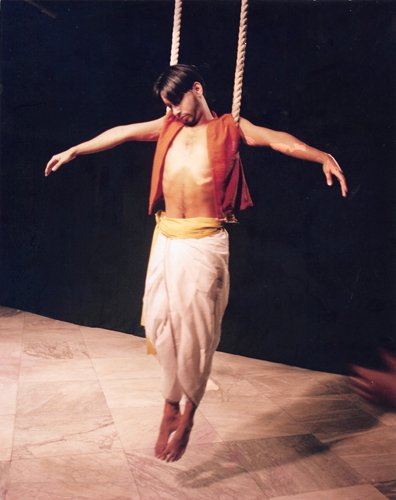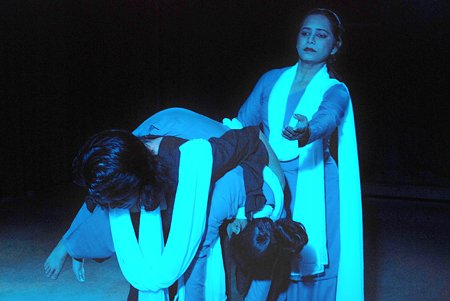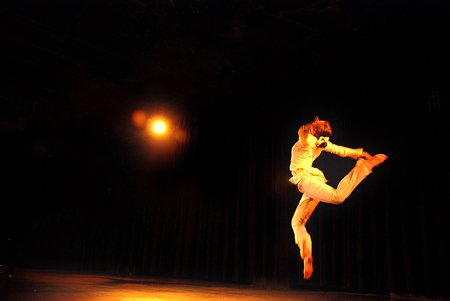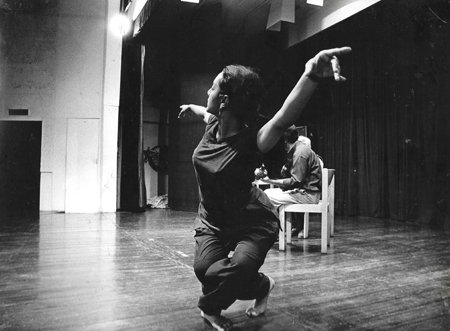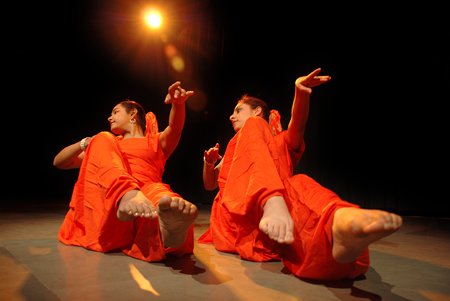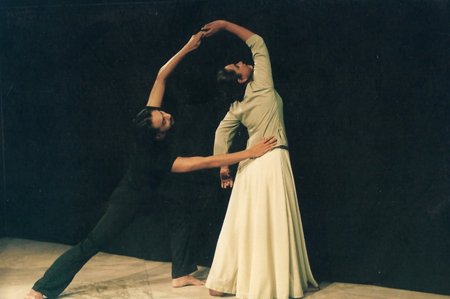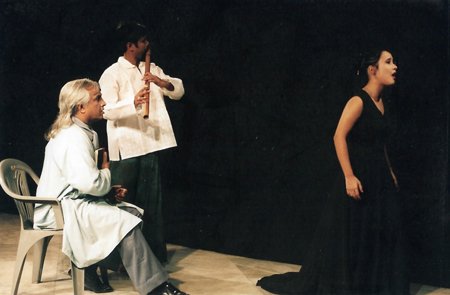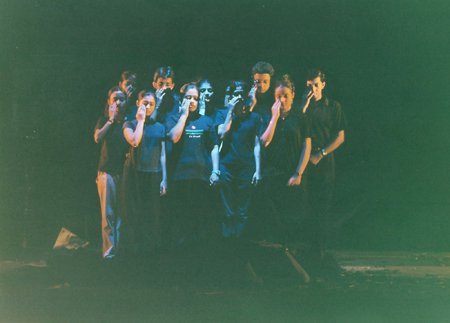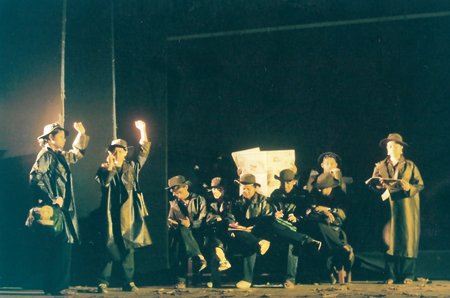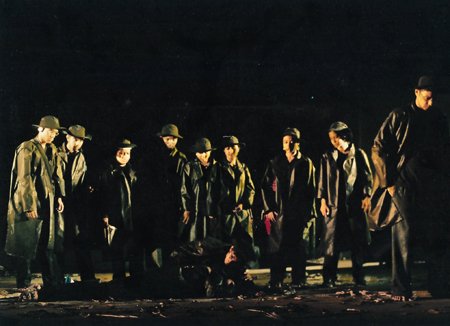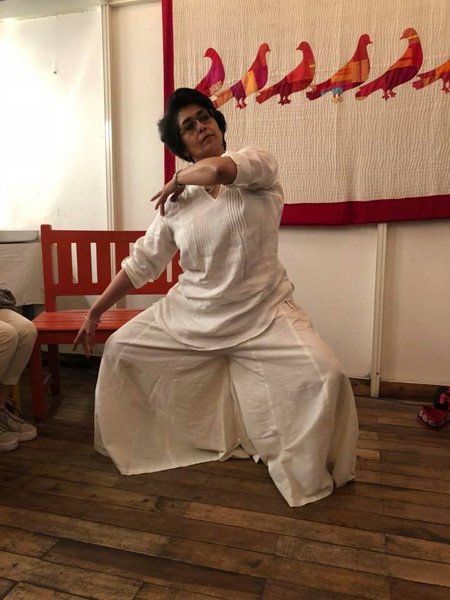Arts
Mental health is not necessarily the mere absence of ‘mental illness’ but implies several other parameters like the ability to cope with stressors, presence of emotional resilience, capacity to build and nurture satisfying interpersonal relationships. The role of the creative arts is significant in cultivating the spiritual connection with one’s inner self through the medium of the arts.
By fuelling a strong desire to connect the innermost self with the outer world through one’s creations, the linguistic pattern of the creative arts helps in reconstructing one’s longstanding narrative about the self. Art as a medium of self-expression initiates the process of effective cleansing, creating the angst for the ego to seek resolution of conflictual states through engagement in life-affirming activities. Further, creativity often provides an access point to the abstruse nuances of one’s personality, thus building on their capacity for abstraction, gradually making them more equipped to handle the contradictory demands of everyday existence.
Jhuma Basak (1969)
Jhuma Basak’s artistic course as a dancer began in her childhood with extensive training in different classical forms like Odissi, Kathakali and Bharatnatyam under the renowned respective gurus – Guru Murulidhar Majhi, Guru Govindan Kutty, and Guru Khagendra Nath Barman. While still in her adolescent years, Jhuma’s involvement with the arts led her to join Dancers’ Guild (1982), a contemporary dance company of Kolkata, as a founding member under the leadership of Dr. Manjusri Chaki-Sircar and Dr. Ranjabati Sircar. For more than a decade, she continued to participate in the Guild’s innumerable stage productions as one of the ‘lead dancers’ of the company, travelling across the globe as a cultural delegate in tours conducted by the Indian Council of Cultural Relations. She performed at the Cervantino Festival in Mexico (1988), Tagore Festival in England and Scotland (1989, 1991), Philippines and China (1991), and so on.
In 1997, Jhuma was awarded the IFA grant (India Foundation for the Arts) for a collaborative artistic venture on exploring modern dance in India. She has also received grants from IFA and Sangeet Natak Akademi to conceive her own series of stage productions, commencing from 2005, on Versedance. This dance form is based on dance-theatre, having a non-linear, non-literal style of expression, often following a multiple narrative pattern. It uses literature, poetry, music, dance and theatre to form an abstract independent genre of expression through the performing text of the verse. The Versedance performances have been based on poetry by Tagore and Jibanananda Das (Bengali), Meena Kumari (Urdu), Amrita Pritam (Punjabi), Shakespeare, Rilke and Neruda (English).

